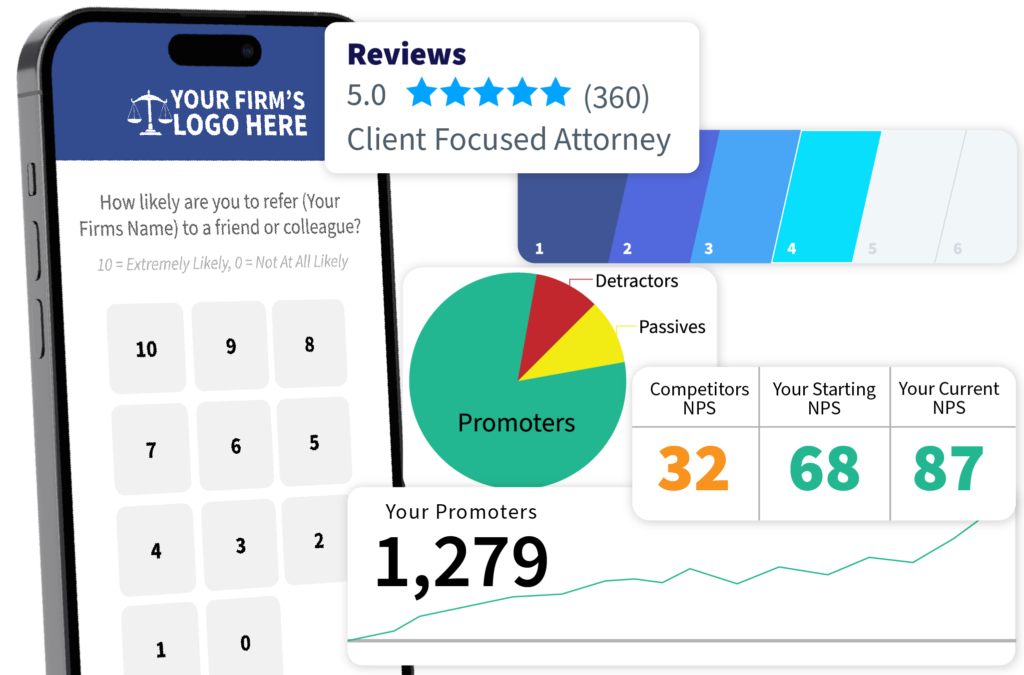How Case Status Software Enhances Efficiency In Legal Practices?

Case status software stands at the forefront of transforming legal practices by significantly enhancing efficiency. Through automated updates and centralized data management, legal professionals can swiftly access the latest case developments, timelines, and client interactions. This real-time insight enables proactive decision-making, reduces administrative burdens, and improves overall workflow efficiency. By facilitating quicker document retrieval, deadline tracking, and collaboration among team members, this software empowers law firms to deliver timely and effective legal services.
The Impact Of Case Status Software On Legal Case Management
Implementing case status software revolutionizes legal case management by providing a cohesive platform for tracking and monitoring cases from inception to resolution. This technology enables seamless integration of case details, deadlines, and client communications, thereby minimizing errors and delays. By automating routine tasks such as scheduling court dates and generating status reports, legal professionals can devote more time to strategic case analysis and client engagement. The software’s intuitive interface and customizable features adapt to diverse legal practices, ensuring tailored solutions that optimize case handling processes.

Exploring The Benefits Of Implementing Case Status Software In Law Firms
The adoption of case status software yields multifaceted benefits for law firms seeking to streamline operations and enhance client service. By centralizing case data and communications, this software promotes transparency, accountability, and compliance with regulatory requirements. Real-time updates and notifications empower legal teams to promptly address client inquiries, manage expectations, and mitigate risks. Moreover, the software’s analytical tools offer insights into case trends, resource allocation, and performance metrics, fostering informed decision-making and operational efficiency across the firm.
Choosing The Right Case Status Software: Key Considerations For Legal Teams
Selecting suitable case status software involves evaluating specific needs, scalability, and integration capabilities within the existing IT infrastructure of a law firm. Key considerations include user interface intuitiveness, customization options, data security protocols, and vendor support services. Compatibility with other legal software systems, such as document management and billing platforms, ensures seamless workflow integration. Furthermore, assessing software updates, training requirements, and potential scalability issues helps future-proof the firm’s investment in technology, aligning with long-term strategic goals and operational efficiency.
Integrating Case Status Software Into Your Legal Workflow: Best Practices
Effective integration of case status software hinges on aligning its functionalities with the unique workflow and operational dynamics of a law firm. This process begins with comprehensive staff training and ongoing support to maximize software utilization and mitigate resistance to change. Customizing workflows and configuring software settings to reflect specific case management protocols enhances efficiency and accuracy. Regular performance evaluations and feedback mechanisms facilitate continuous improvement and adaptation of software functionalities to meet evolving client and regulatory demands.
Managing Legal Cases Effectively With Advanced Case Status Software Solutions
Advanced case status software solutions empower legal professionals to manage complex legal cases with precision and efficiency. By offering customizable dashboards, task automation, and analytics tools, these solutions optimize resource allocation, streamline workflow processes, and improve client communication. Real-time updates on case developments enable proactive decision-making, ensuring timely responses to client inquiries and court deadlines. Enhanced collaboration features facilitate seamless communication among team members, external stakeholders, and clients, fostering a cohesive and client-centric approach to case management.
Optimizing Client Communication With Modern Case Status Software Tools
Modern case status software tools redefine client communication by providing transparent, accessible, and responsive channels for interaction. These tools enable clients to securely access case updates, documents, and milestones in real time, enhancing transparency and trust. Automated notifications and reminders keep clients informed about upcoming deadlines, court dates, and case progress, thereby minimizing misunderstandings and enhancing satisfaction. By centralizing communication logs and client interactions, legal teams cultivate stronger client relationships and demonstrate their commitment to delivering personalized legal services.
Enhancing Collaboration Among Legal Teams Using Case Status Software
Case status software fosters collaboration among legal teams by facilitating seamless communication, knowledge sharing, and task coordination. Centralized access to case files, notes, and updates promotes transparency and reduces duplicate efforts. Collaboration features such as shared calendars, task assignments, and discussion forums streamline workflow processes and ensure alignment on case strategies and priorities. Moreover, real-time collaboration minimizes communication delays and fosters a responsive and cohesive team environment. By leveraging these collaborative tools, legal teams can enhance productivity, efficiency, and collective decision-making capabilities.
Conclusion
Case status software represents a transformative tool for modern legal practices aiming to enhance efficiency, client service, and team collaboration. By automating routine tasks, centralizing case data, and fostering transparent communication, this software empowers legal professionals to streamline operations and deliver superior client outcomes. The integration of advanced analytics, customizable workflows, and real-time updates ensures proactive case management and strategic decision-making. As technology continues to evolve, leveraging case status software remains essential for law firms seeking to maintain a competitive edge and adapt to the complexities of the legal landscape.






